News
News Articles
Viewing items with Category: All Categories, Year: All Years
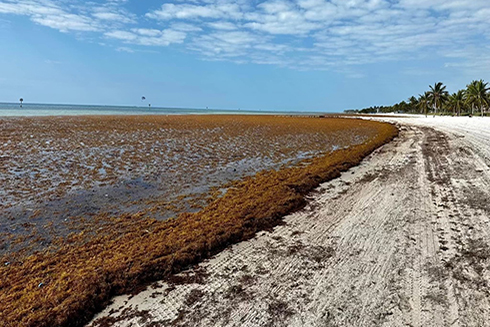
New Sargassum system takes aim at a troublesome seaweed
Resource managers in South Florida have a new tool in their fight against Sargassum thanks to a five-year, $3.2-million grant from the National Oceanic and Atmospheric Administration (NOAA) Monitoring and Event Response for Harmful Algal Blooms program.
March 28, 2025News
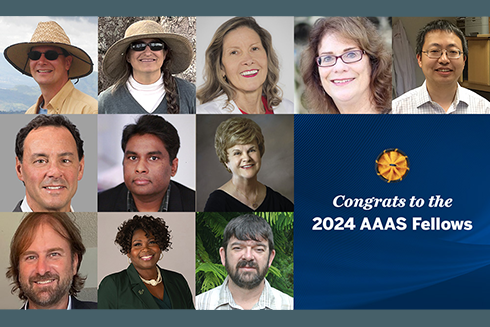
Eleven USF faculty among 2024 class of Fellows of American Association for the Advancement of Science
The American Association for the Advancement of Science elected 11 University of South Florida faculty members to its 2024 class of Fellows, the third largest cohort of AAAS Fellows from any university in the nation.
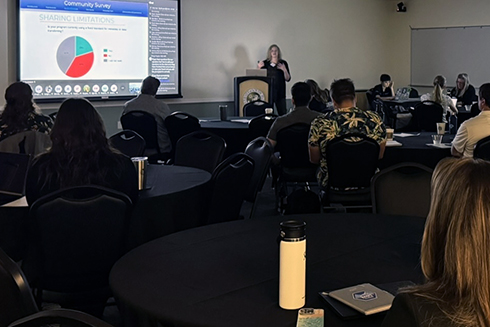
Collaboration and progress at the Florida Coastal Mapping Program’s annual summit
The Florida Coastal Mapping Program, a mapping group coordinating the collection of bathymetric data along Florida’s coastline, held its annual summit in March.
March 24, 2025News, Resiliency News
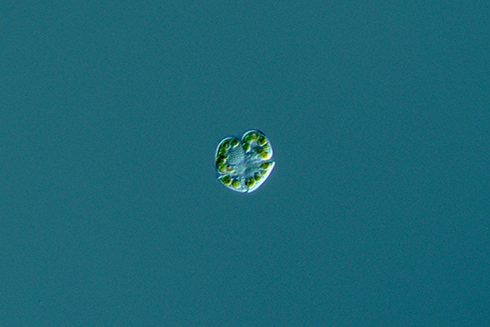
Viruses identified in red tide blooms for the first time
In one of the first studies of its kind, researchers used viral metagenomics to identify several viruses — including one new viral species — present in blooms of K. brevis, more commonly known as red tide.
March 20, 2025News
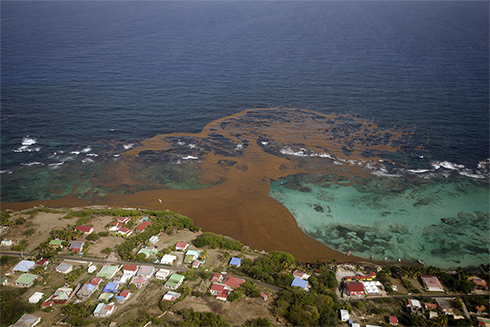
Researchers identify ‘tipping point’ that caused Sargassum inundations in the Caribbean
The Great Atlantic Sargassum Belt has puzzled researchers since 2011. A new model demonstrates that the alga was brought to the tropics by strong currents, and thrived in ideal growing conditions.
March 13, 2025News
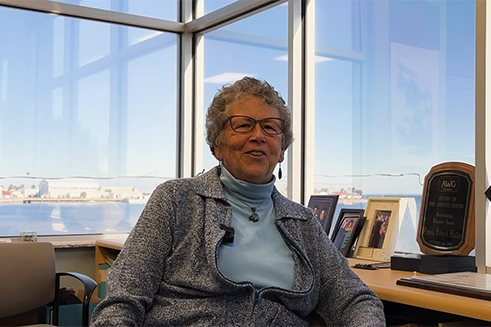
Pamela Hallock Muller named University of South Florida Distinguished University Professor
A world-renowned biogeological oceanographer, Pamela Hallock Muller’s incredible career started at the College in 1983.
February 18, 2025Awards, Blogs and Perspectives, News
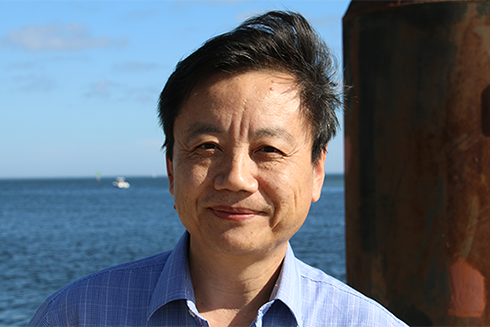
Chuanmin Hu elected to 2025 class of Optica Fellows
Chuanmin Hu was honored for his significant contributions to ocean optics and remote sensing, particularly for innovative research in algorithms and applications on ocean algae.
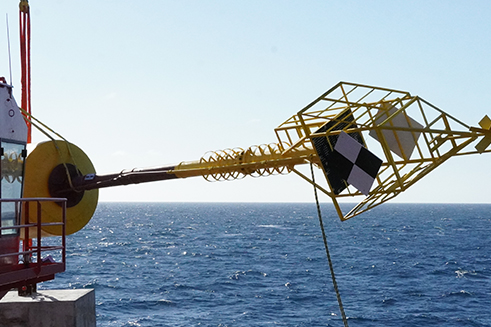
USF scientists deploy tsunami-sensing buoy, aiding future warning system
The Shallow Underwater Buoy for Geodesy (SUBGEO) system is a research partnership between the USF School of Geosciences, the College of Marine Science, and international collaborators.
January 23, 2025News
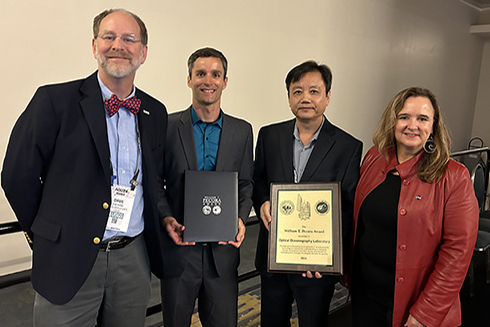
The Optical Oceanography Lab wins 2024 William T. Pecora Award
Under the leadership of Chuanmin Hu, the Optical Oceanography Lab has pioneered innovative methodologies to investigate phenomena such as algal blooms, oil spills, and coastal ecosystem dynamics.
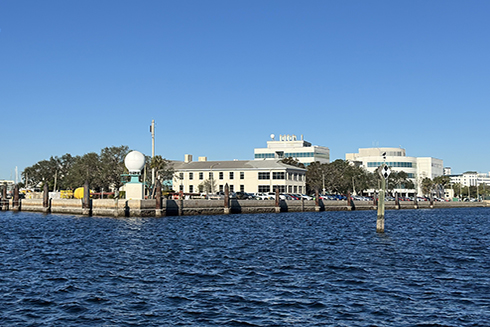
USF and partners launch innovative accelerator program to grow the marine economy
The Continuum, a blue-tech accelerator program, is designed to promote the commercialization of blue-tech solutions, drive advancements in ocean resilience, reduce negative environmental impacts, and stimulate economic growth for the country’s marine economy.
December 10, 2024News, Resiliency News
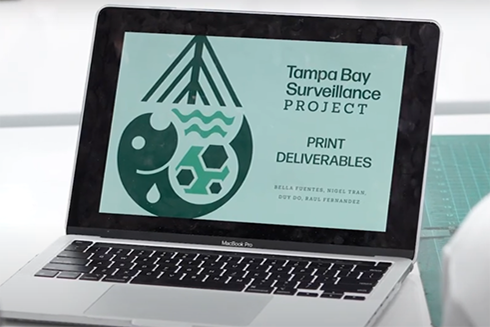
Graphic arts students work with clients to elevate their brand
A senior research course is giving graphic arts students the opportunity to produce real-world design work for local clients.
December 2, 2024News
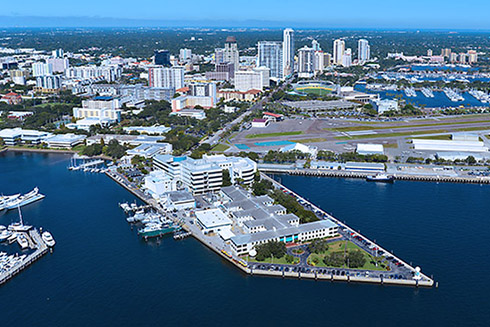
High-impact research earns recognition for CMS faculty
The list highlights 10 current CMS faculty members and two emeritus faculty, recognizing both career-long and single-year citation achievements.
November 26, 2024Awards, Blogs and Perspectives, News